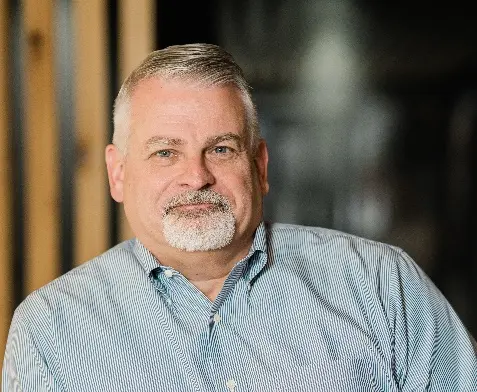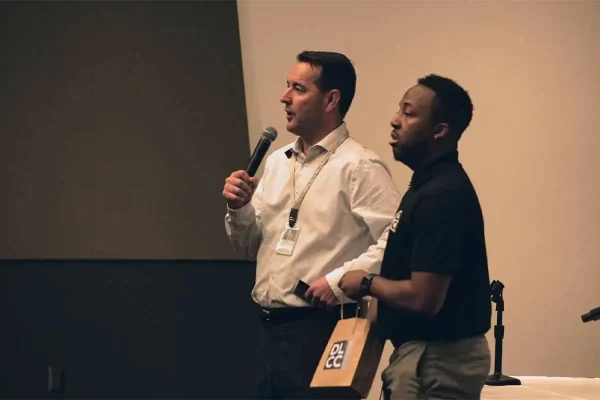The Illinois General Assembly opened up an old wound in their relations with tradeshow workers in the city of Chicago last month.
They resurrected an old legislative bill first proposed over 12 years ago, which attempted to eliminate protections for the people who put in the shows at McCormick Place.
While it’s beyond the scope of this column to describe in detail each and every provision of this bill, it’s possible to give you a brief outline, which will explain why tradeshow workers were so upset.
First, all workers would become state employees. This bill would void all existing contracts, and all new contracts would have to be negotiated by the state. Control of hiring and firing would be done by this new authority and the right to strike would be prohibited.
The total number of union jurisdictions would be reduced from the current five to three. Furthermore, there would be no provision for protecting seniority attained by workers currently employed under current collective bargaining agreements.
The workers felt this legislation was aimed at them, blaming them for a set of conditions beyond their control. They feel it’s not their responsibility to sell shows. They don’t set prices paid by exhibitors, and they only make wages that are commensurate with their counterparts in other cities.
They also are concerned that transferring control to a state agency from private enterprise would remove all of the checks and balances inherent in the free market system, and the state agency would be appointed by politicians and political considerations would take precedence over proven business standards.
Furthermore, political control and the lack of seniority would bring back the type of favoritism many have worked hard to eliminate. In our business some of us have seniority protection, but many don’t. In the jobs that don’t, there are blatant examples of abuses that remind us why this is necessary to protect our most valuable asset – a qualified work force.
Favoritism becomes rampant when a few individuals hold tremendous power over the incomes of large groups. Supporters of this bill claim it won’t happen because they are only trying to improve conditions for exhibitors, but human nature has shown repeatedly that if the potential for people to abuse their position of power exists, it will happen. We will lose the best people and people with clout will take their place. This doesn’t bode well for the long-term health of the industry.
Chicago is one of the great cities of the world, but its strength comes from its people and not its political system. The people of Chicago have reversed the direction of the Chicago river, raised the entire city up 9 feet, transformed the lakefront from cholera-ridden swamp into the jewel of the Great Lakes, invented the skyscraper and, in more modern times, invented the cell phone. This city was made great by nameless, faceless people who won’t have airports or expressways named after them. But their contributions remain long after they are gone. This was not accomplished because of the political machine, but in spite of it.
This bill is not the answer to the challenges that Chicago faces. However, there is a lot that could be done to make the changes that need to be made. The people who derive their income from the tradeshow industry are on board to make the necessary adjustments.
They, above all, understand the consequences of missing the opportunity to ensure their future.































